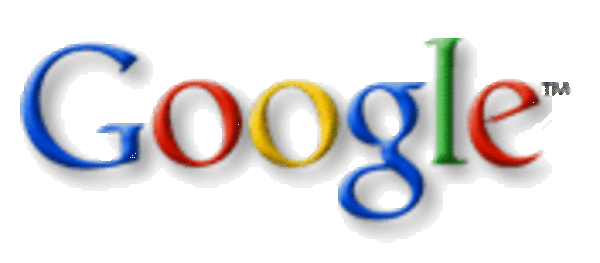Udi Manber, Google’s
VP of Engineering, gave a brief 15 minute presentation at Supernova today entitled
Search is a Hard Problem. He explained that with an audience like Supernova, he
imagines we understand to some extent how difficult a problem it is, but it’s probably a
harder problem then we even appreciate. He laid out three reasons why this is the
case:

- Scale and diversity are almost beyond comprehension
- Expectations and needs will continue to grow
- 20 to 25% of the queries we see today, we have never seen before
I found the third point quite amazing. I would think with the number of queries that
Google processes, they would have seen a much higher percentage of the queries
before.
A Deeper Understanding
Next Udi explained that there are three levels involved in trying to deliver relevant
information back to users:
- Users and Queries
- Models
- Languages
Users and Queries
Udi gave some examples of Google’s ability to understand the different between two
very similar queries. For example, Google understands that ‘GM’ stands for ‘General
Motors’, while ‘GM foods’ is actually ‘genetically modified.’ If you search for ‘B&B
AB’, Google knows that is ‘bed and breakfast in Alberta’, while ‘Ramstein AB’ is
‘Ramstein Airbase’.
Google also will recommend queries that may deliver better results. For example, if
you query ‘Types of dogs’ it will give results, but also suggests ‘breeds of dogs’ as a
better search.
He then explained that they still can’t find all the answers. As a fun example, he
said the query “Why Search is Hard” is actually a very difficult query for Google to
parse.
Models
Next Udi reviewed some new Google search functionality, which while not live yet –
will be soon. Apparently, Google is going to start trying additional queries based on
certain user queries. For example, the query “How much does it cost for an exhaust
system” will pull up results from “cost of an exhaust system.” Beyond just removing
certain general words, they are also interpreting the question as part of the
model; for example the following two queries:
- ‘overhead view of bellagio pool’ to ‘bellagio pool pictures’
- ‘fedora 5 losing network connections’ to ‘fedora 5 network
configuration’
Different Queries for Different Locations
Finally, Udi talked about how results need to be different when the query is conducted
in different locations. For example, the query ‘government’ needs to return results about
your countries’ government. I haven’t tried this in other countries, but here in San
Francisco the first result is for the US Government.
He also reviewed a tool at Google.com.eg,
which actually takes a query in another language, translates it to english, runs the
query, and then returns the results in that language. You can actually view the page in
that language. There are a whole suite of language tools Google seems to be leveraging
at: http://www.google.com/language_tools
I’m surprised there aren’t more copyright issues here, but I’m not a lawyer. For an
example, here is
the Read/WriteWeb homepage translated into Arabic. Apparently, when Udi was demoing
this for Larry Page, he asked why the images weren’t translating. Obviously, there is
still work to be done, but it is quite amazing.

Conclusion
After listening to Udi’s talk, I must agree that while I thought search was complex, I
probably underestimated some of the areas of real difficulty. It is amazing to step back
and think about how conceptually complex this is. It sheds new light on many of our
challenging experiences around the AltSearchEngine’s Day
without Google.

















